Raising Children Un-Fundamentalist Part IV
September 8, 2015
This is part 4 of my blog series where I attempt to sort out the complexities of parenting as a Christian with an evolving faith. In part 1, I urge us to be thoughtful about the power dynamic between adults and children. In part 2, I address the role of fear in sharing our faith with children, and my friend Ben Irwin followed up with a fantastic post, “How to Talk to your kids about Hell?” In part 3, I question whether God loves us and has a perfect plan for our lives. Here’s part 4:
///
“Should I let my 12 year old watch this rated R movie?”
“What are some Christian family-friendly songs appropriate for my elementary aged children?”
“Can my 8 year old read Harry Potter?” (<== the answer to this is yes, OF COURSE)
These are the sorts of questions which plague many Christian parents, and the root of these practical daily decisions is the desire to frame the way our children interacts with society at large. On the one hand, we want to protect our children by censoring their exposure to the often brutal realities of our world. On the other hand, so many of us grew up sheltered in small Christian bubbles, restricted to cheesy Christian music titles and overly sanitized book selections, that we are resolved to expose our children to the beauty present in art and literature and yes, even the latest Hollywood blockbuster.
Here is what I believe to be the sentiment behind the Christian Bubble Makers. Raising children in a sheltered environment enables them to put down strong roots in the Christian tradition. They develop a strong foundation in their belief system so that when they go out into the world, they aren’t tousled by the prevailing cultural winds, and are able to defend their faith in any situation they should encounter.
I have heard it described like this: if we can teach them what the “real” God looks like, then they will be able to easily spot the counterfeits.
The main problem with this set up is that it is inherently defensive. It postures the Christian community as those on the inside venturing out. Before the littles are mature enough to handle the outside world, the bubble is a necessary protective mechanism. Those on the inside is taught that inside = good, outside = bad. Children thrive on structure and categorize by nature. They easily internalize this paradigm from a young age and relegate their life experiences into black and white value judgments.
The unfortunate result is that unless the child remains in a commune, they will inevitably experience a world that brings a diversity of values and expressions of life. The constant stress of categorizing good vs. bad brings about a faith crisis which ends in them either rejecting their childhood faith OR a rigid persistence that the only God that is real is the one inside the bubble, who begins to look vey small and irrelevant indeed. God either doesn’t exist, or is a very small, fenced in One that needs defending and protecting at all costs.
Raising Children Unfundamentalist is to teach the kids not who God is, but where to find God. Not what God is, but how to spot God. Young children don’t need systematic theology which delineates with painstaking detail each character trait of God, they need permission to discover God for themselves. When it comes to learning about God, we are much better postured as students of our children, because their delight and wonder in our world have much to teach us about where God is alive and present.
Pay attention to what makes them tick, what breathes life into their souls, what makes their eyes twinkle and their laughter infectious. Watch how they give generously, lavishing hugs and kisses. See through their eyes the attention to details we have long taken for granted, tiny ants and the big, blue sky.
Show them the love of God by loving them, loving others, and pointing out every act of goodness and kindness and justice in this world. Sit with them and soak in the beauty and awe of art that steals our breath, talent that drops our jaws, generosity that warms our hearts and wonder together, “did we just see a glimpse of God?”
Read them stories, Bible stories certainly, but also fairy tales, dragon warriors and the princess and the pea. Tell them stories of our ancestors, of children in Afghanistan and Iceland, of our neighbors down the road. Let them spot the heroes and the villains and ask them where they see God moving in hearts, in love, in power.
When it comes to God, we are not their teachers, we are co-spectators of God’s glory.
In this way, we are not sending them out into the world armed with a defense of God against the world, but filled with an anticipation of how much more they can experience God as their world opens up into adulthood.
In C.S. Lewis’s beloved Narnia Chronicles, the youngest of the four main characters, a little girl named Lucy, encounters Aslan, the lion who is an archetype for God. She hadn’t seen him for a time and she remarks,
“Aslan, you are bigger,” to which Aslan replies with his strong, gentle voice.
Every year you grow, so shall I.
As parents we are saddled with some anxiety to make sure we teach our children everything that they need to know within the short eighteen years we have them in our home. But when it comes to our faith, we can breath easy, because our God is not One who can be limited to eighteen years of instruction. We get to walk with our children in this very beginning of their journey, and watch them dip their toes into just how wide and long and high and deep is the love of God.
The question we need to ask when they leave home is not, have you learned everything there is to know about God?
But this:
Are you ready to get started?
Read Part 1, Part 2, Part 3 & interview w/ Peter Enns.



